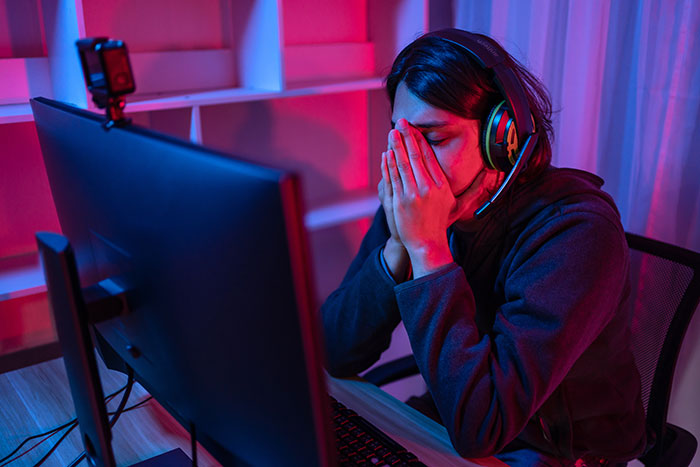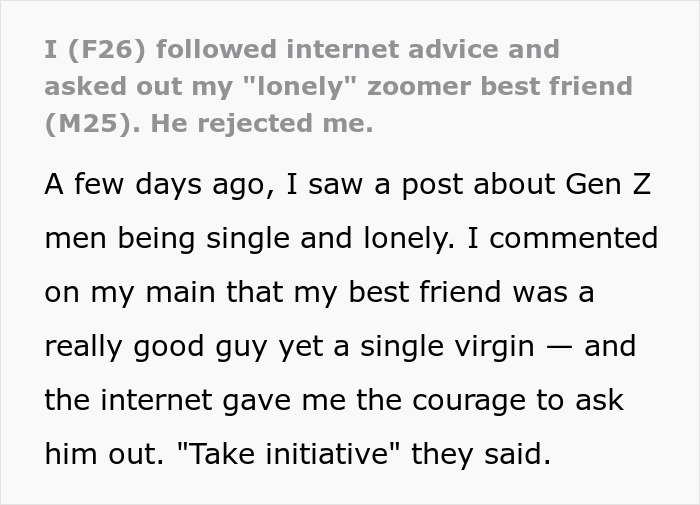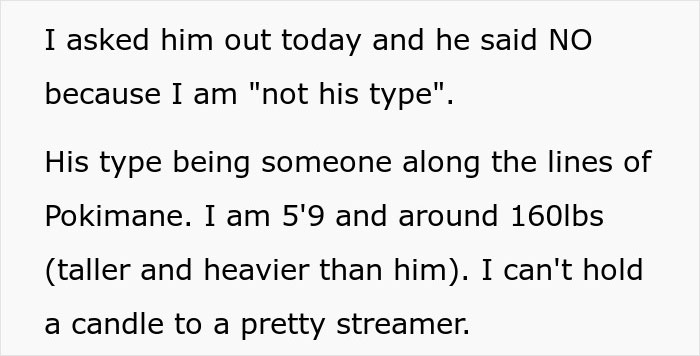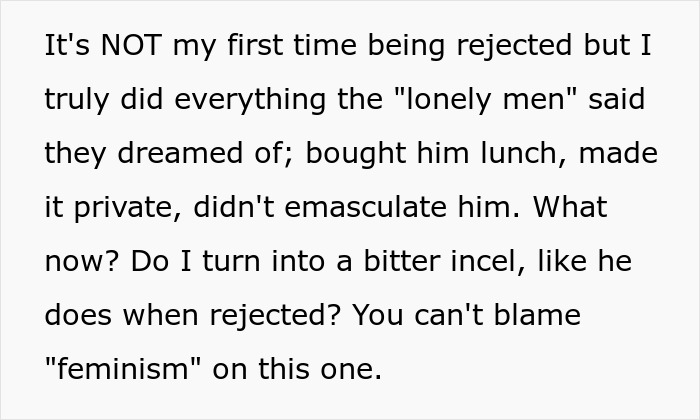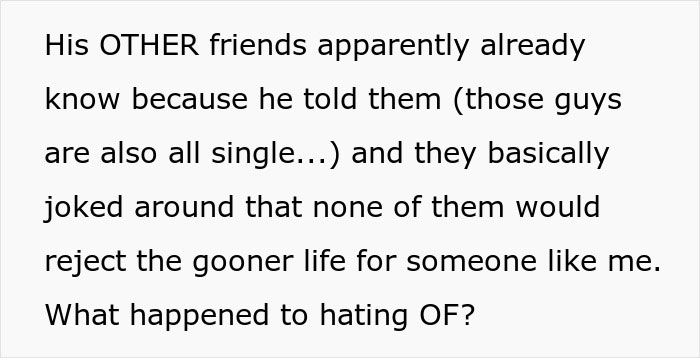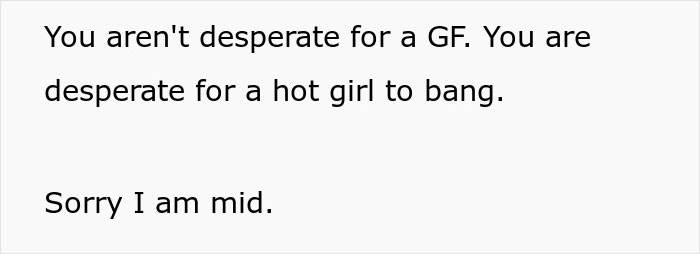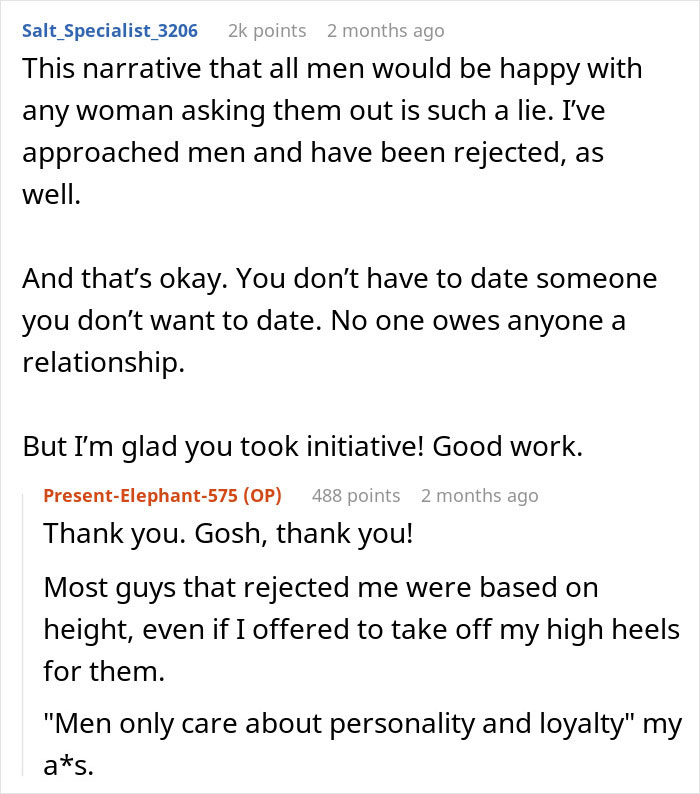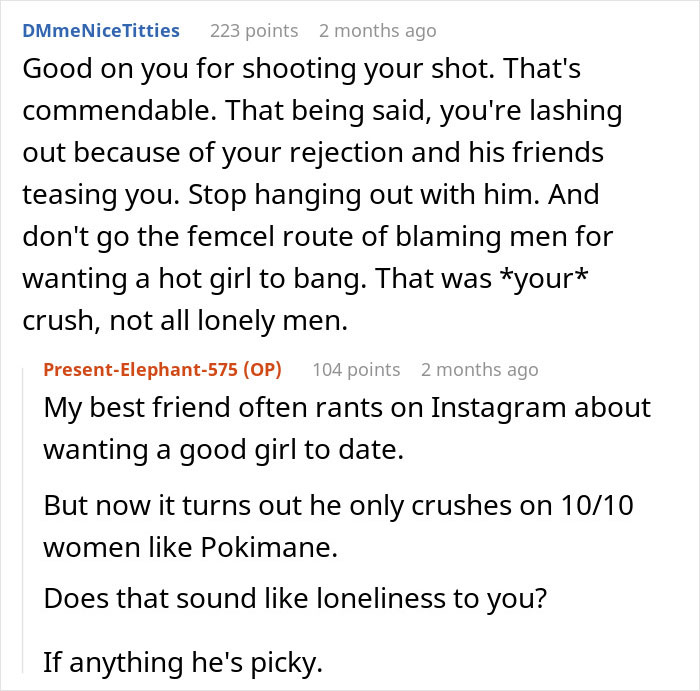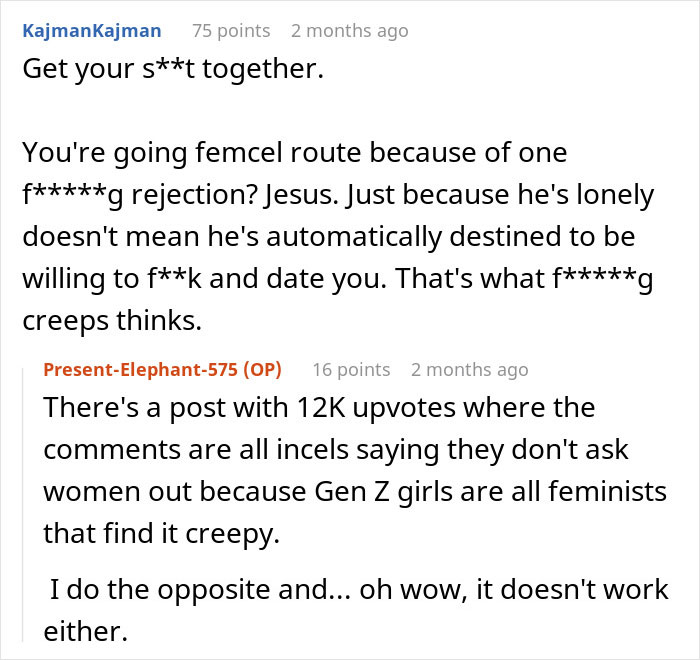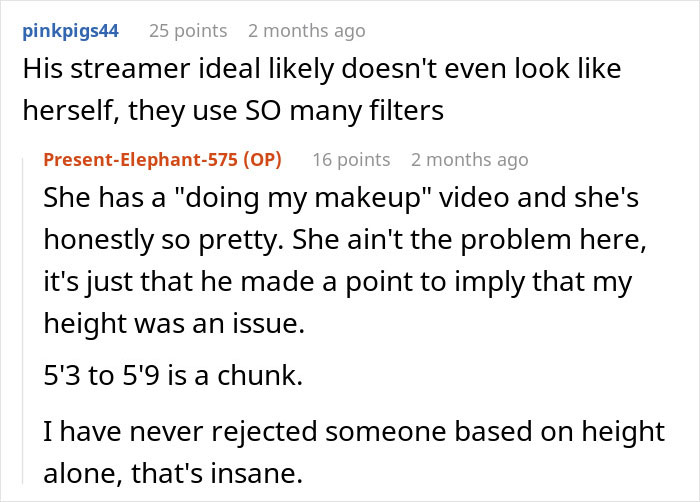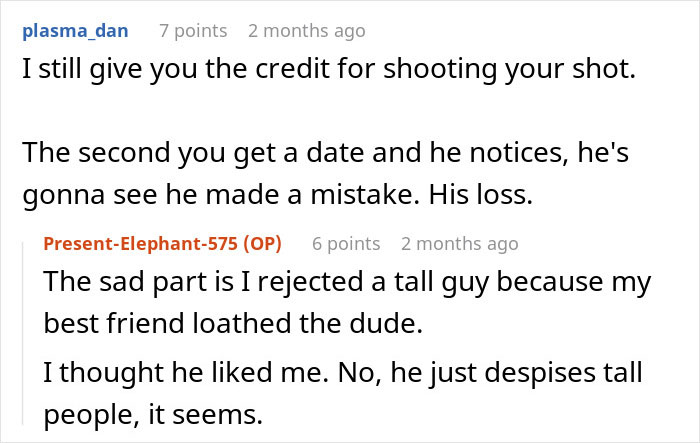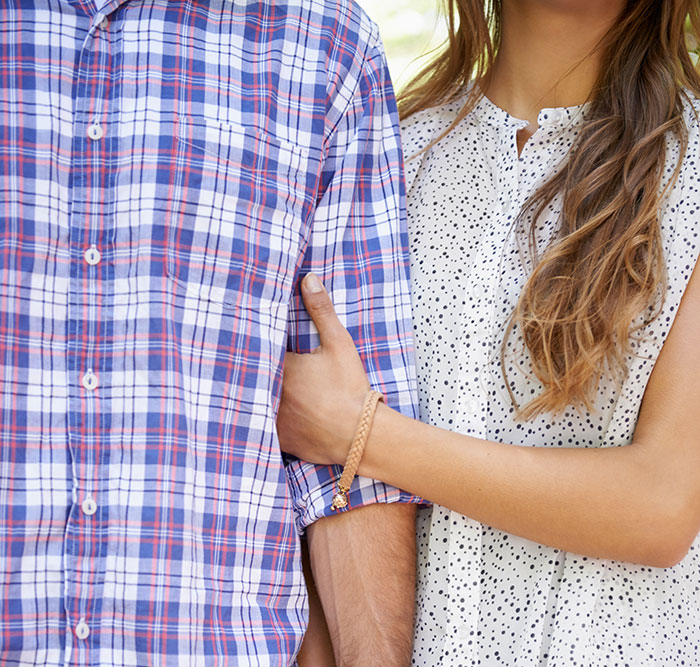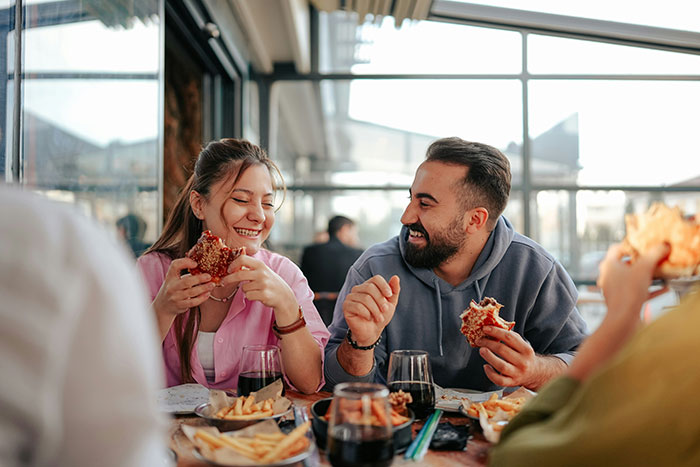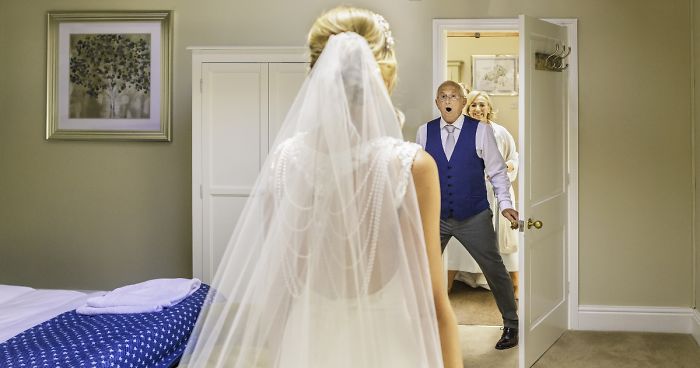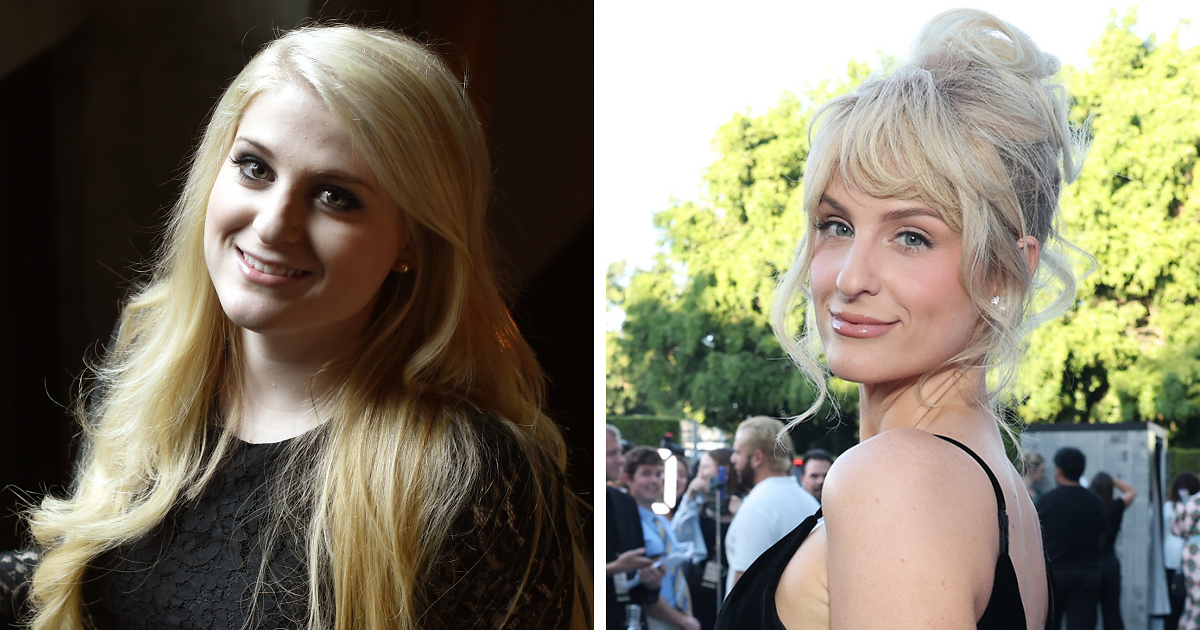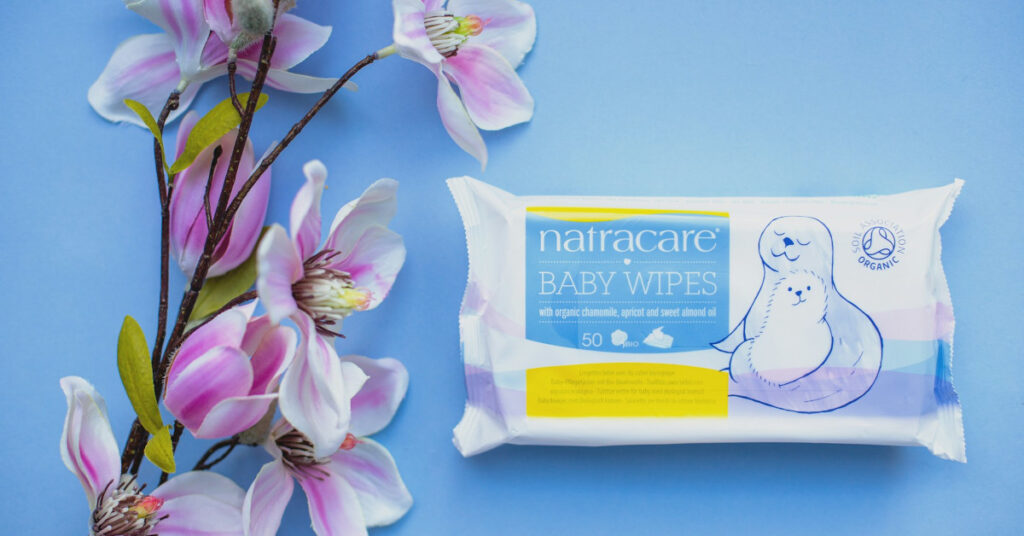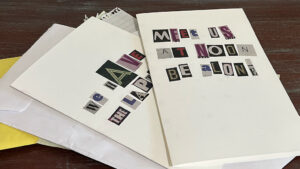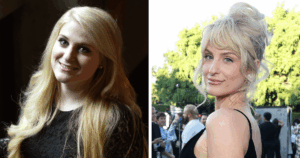“From Friendship to Frustration: What Happened When I Took a Risk on My ‘Lonely’ Best Friend?”
Navigating the labyrinth of modern dating is like trying to crack a cryptic code—especially when it involves asking out your best friend! You might know them inside and out, share inside jokes, and even endure each other’s weird quirks. But when it comes to making that leap from friendship to romance, the stakes feel impossibly high. What if your big leap ends in a belly-flop, leaving you both in an awkward limbo? It’s a scenario that can send shivers down anyone’s spine! One brave woman took the plunge, following Internet wisdom about taking risks in love, only to find herself underwater when her best friend wasn’t onboard for a romance. Curious about how her attempt unfolded? Dive into her full story and the lively reactions it sparked online. It begs the question, can friendship really survive a romantic proposal? LEARN MORE.
Building up the courage to ask someone out is never easy. Fear of rejection might be holding you back, as well as the risk of permanently altering your relationship with that person. If it doesn’t work out, will you feel awkward every time the two of you have to work on a project together or hang out with mutual friends?
One woman followed the internet’s advice and decided that the risk was worth the reward when asking out her best friend. But she found herself frustrated and confused when he wasn’t interested in pursuing a romantic relationship. Below, you’ll find the full story that she recently detailed on Reddit, as well as some of the replies readers shared.
This woman recently realized how lonely many Gen Z men are
Image credits: katchanatsarin/Envato (not the actual photo)
But when she took a risk by asking out her best friend, things didn’t go as she expected
Image credits: benzoix/Envato (not the actual photo)
Image credits: Present-Elephant-575
Later, the woman responded to several readers and shared more details about her situation
It’s natural for people to have preferences when it comes to dating
Image credits: YuriArcursPeopleimages/Envato (not the actual photo)
When you’ve been in a committed relationship for years, it’s easy to forget how challenging dating can be. Finding someone who you’re attracted to that matches your energy and wants the same things in life can feel like searching for a needle in a haystack. And dating has been particularly difficult for the younger generations.
According to the BBC, three quarters of Gen Z are single. And Financial Times reports that a whopping 90% of Zoomers are fed up with dating apps. But many of these young adults are hesitant to make the first move.
A survey from OKCupid found that Gen Zers are 18% more likely than Millennials to wait for one of their matches to ask them out. Millennials also don’t waste any time getting out on dates, as they’re 20% more likely than the younger generation to ask someone out within 1 to 2 days of matching.
But there can be many factors at play when it comes to what’s holding Gen Z back from dating. And in this particular story, having a specific “type” might be part of what’s keeping this man from getting a girlfriend.
Licensed clinical psychologist Betsy Chung, PsyD, explained to Women’s Health that a “type” is a “a group of traits or characteristics that [someone] might typically be drawn to in terms of selecting a romantic partner.”
As far as where these preferences come from, Tara Suwinyattichaiporn, PhD, a professor of relational and sexual communication at California State University, Fullerton, says that our types are caused by external factors including a person’s environment, their culture, the media and the people around them.
But strictly sticking to your “type” isn’t always the best way to find love
Image credits: Yunus Tuğ/Unsplash (not the actual photo)
So your type is often based on the beauty standards of wherever you’re from. It’s also possible that you’ll think your type is what you’re surrounded by because those kinds of people are available to you. But if you had the opportunity to seek elsewhere and think outside the box, you might be even more attracted to someone else.
And there’s nothing inherently wrong with having a “type.” We all have preferences when dating, and it’s natural to want to find a partner that enjoys the same hobbies as you, also lives an active lifestyle or listens to the same genre of music. But Suwinyattichaiporn warns that it’s not always healthy to rigidly stick to dating within your type.
You might enter new relationships because they remind you of an old one, which can make them seem comfortable at first. But you have to remember that those previous relationships didn’t work out for a reason. And it might actually be better to open yourself up to new dating opportunities that can allow you to build a stronger, healthier relationship.

